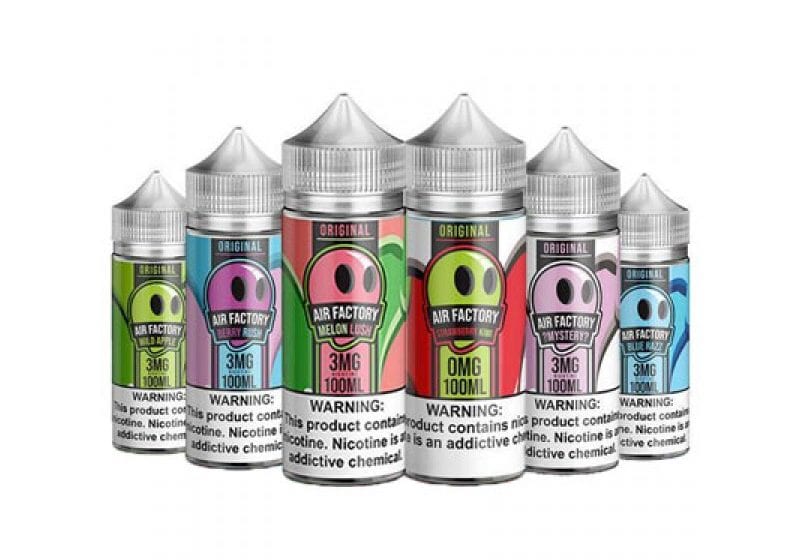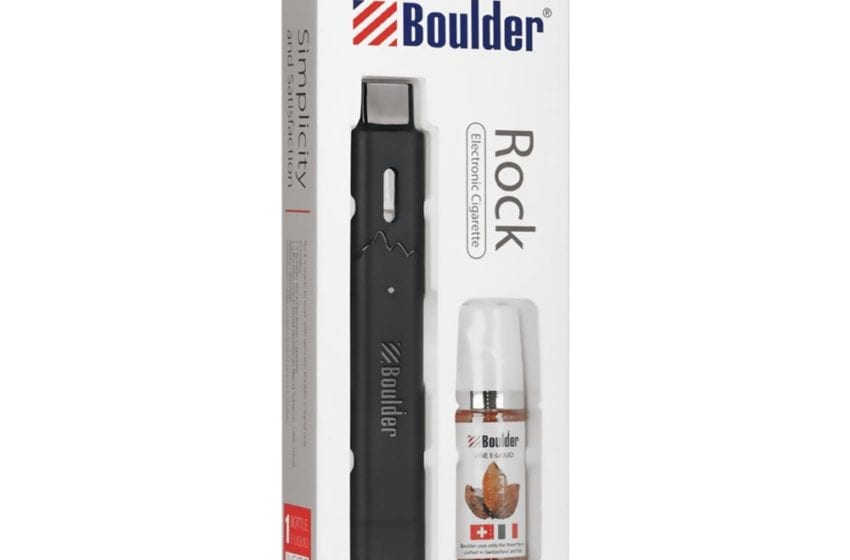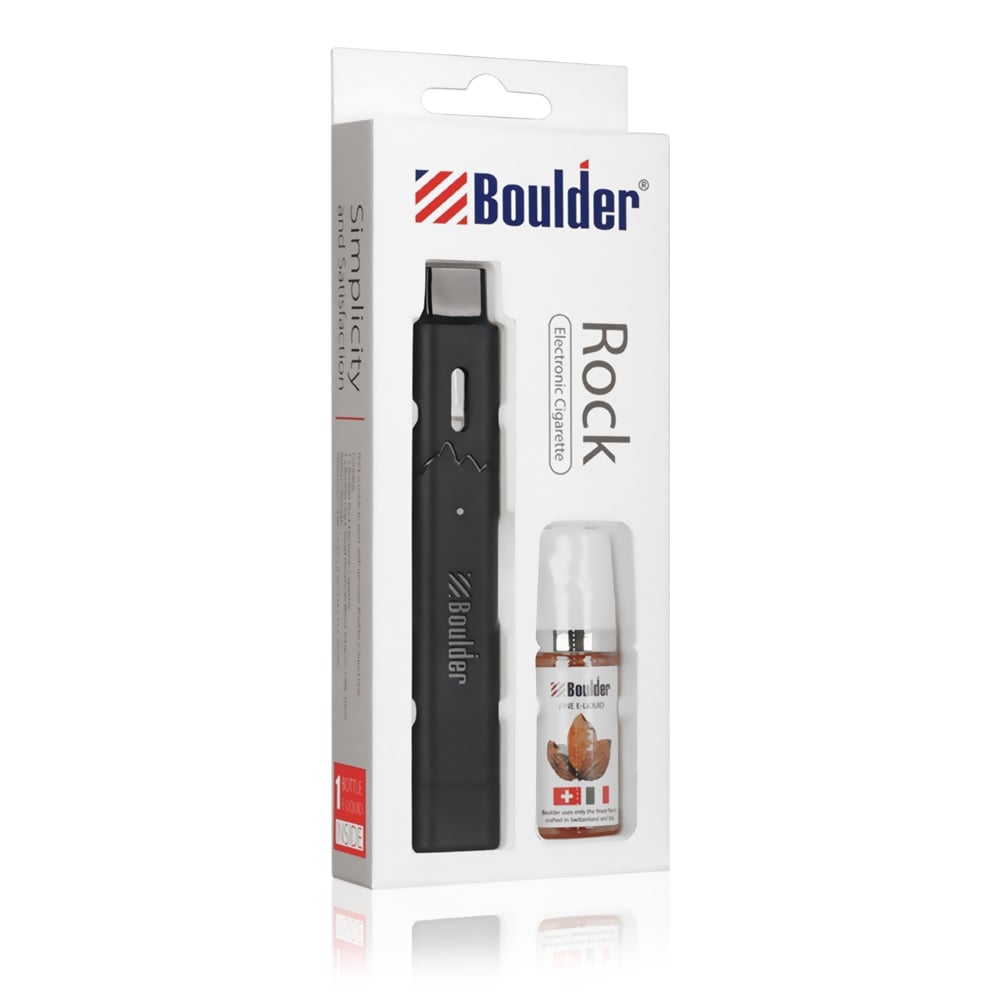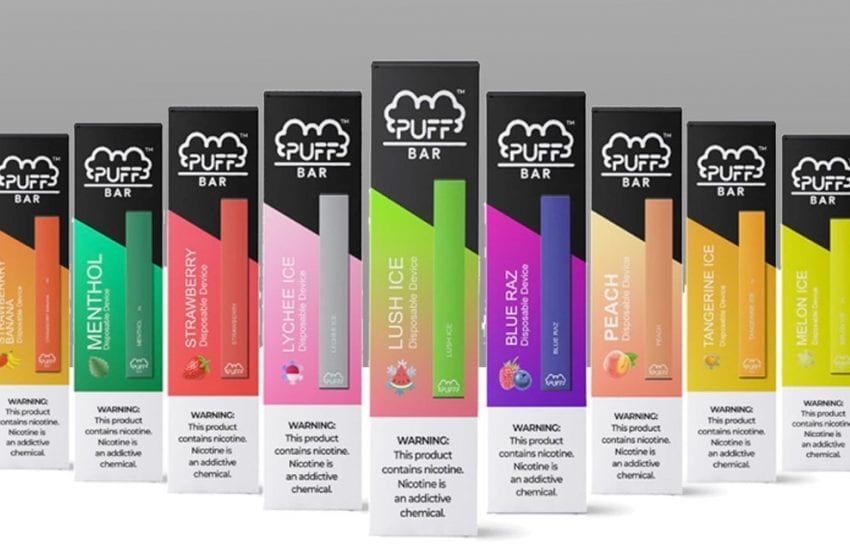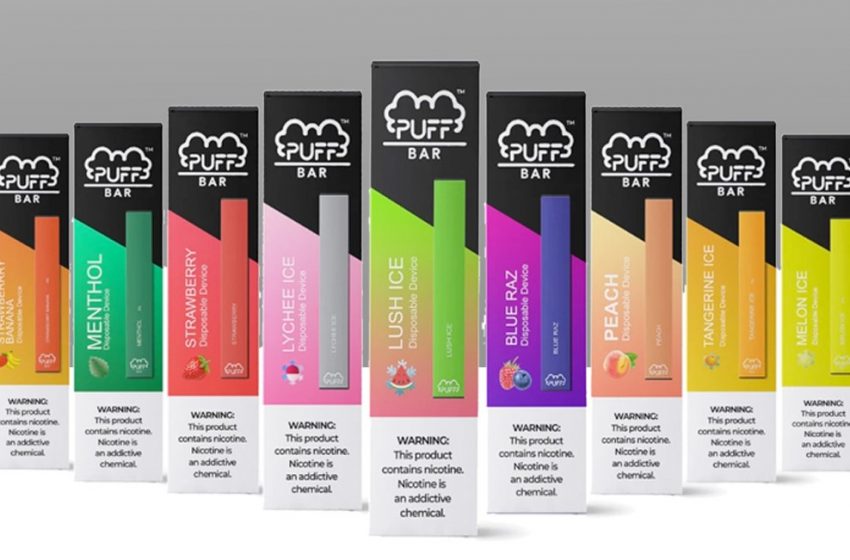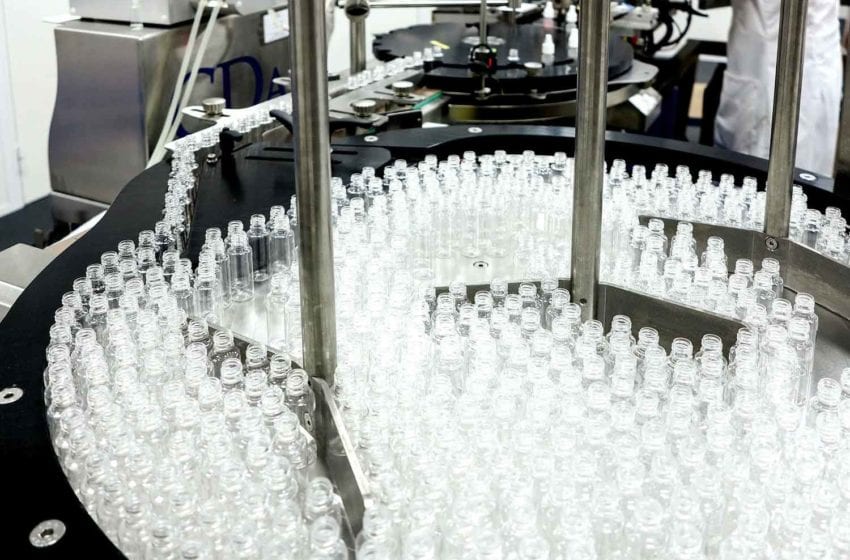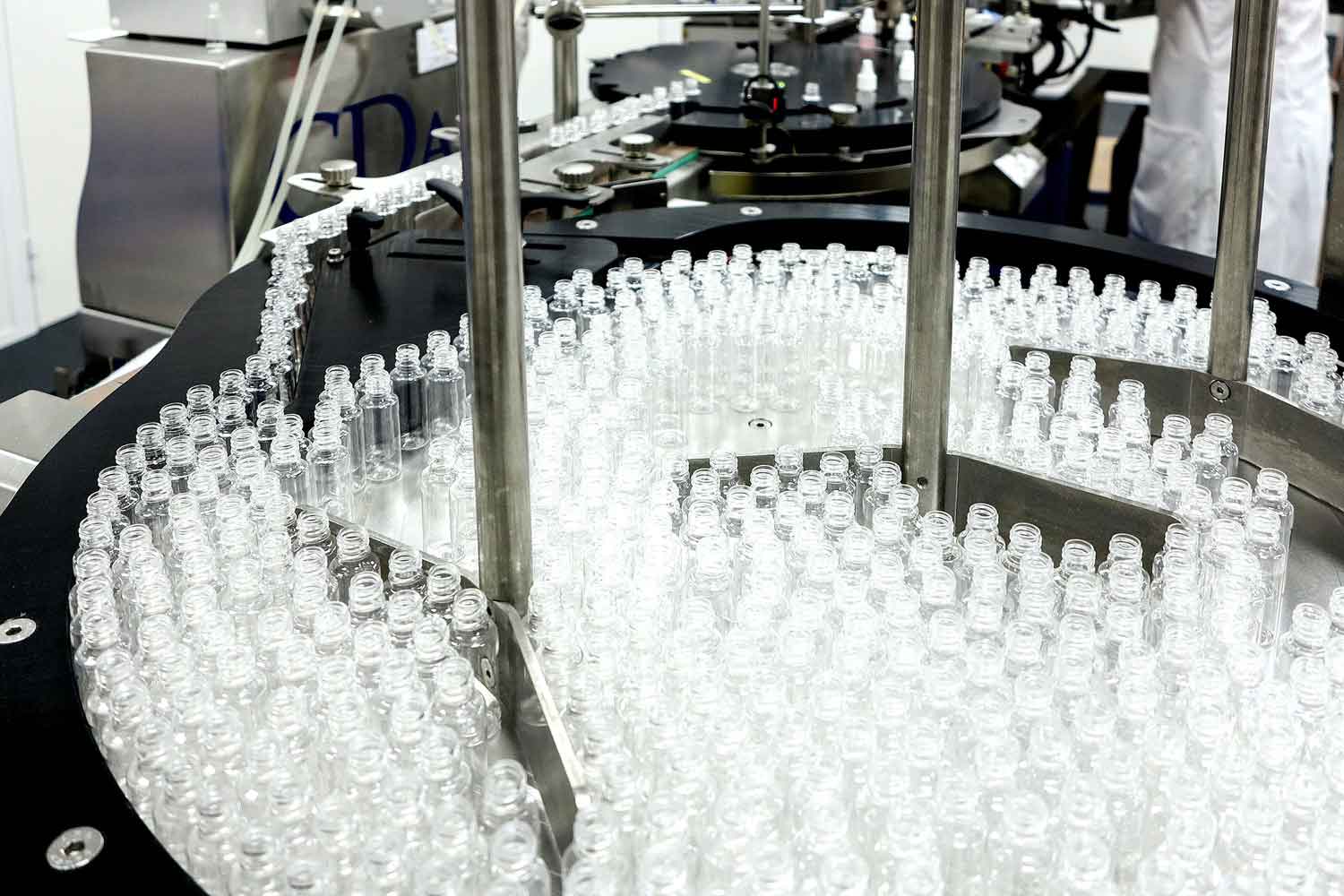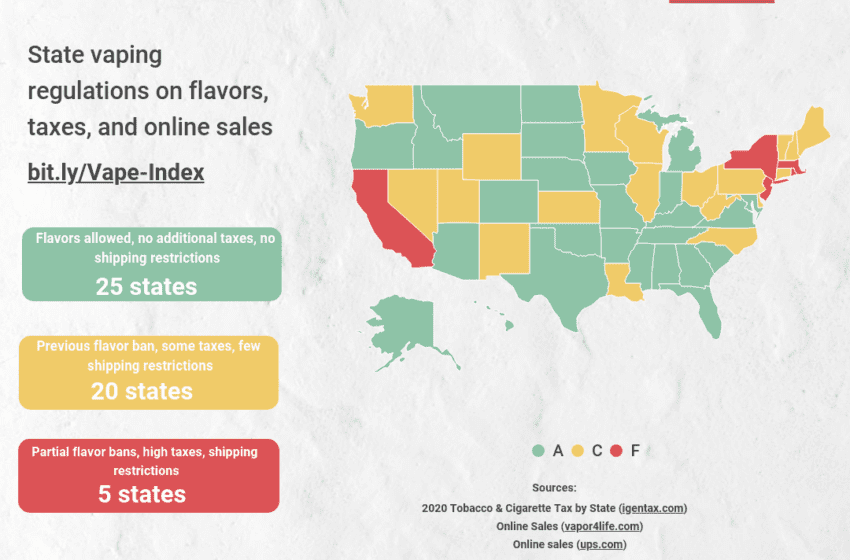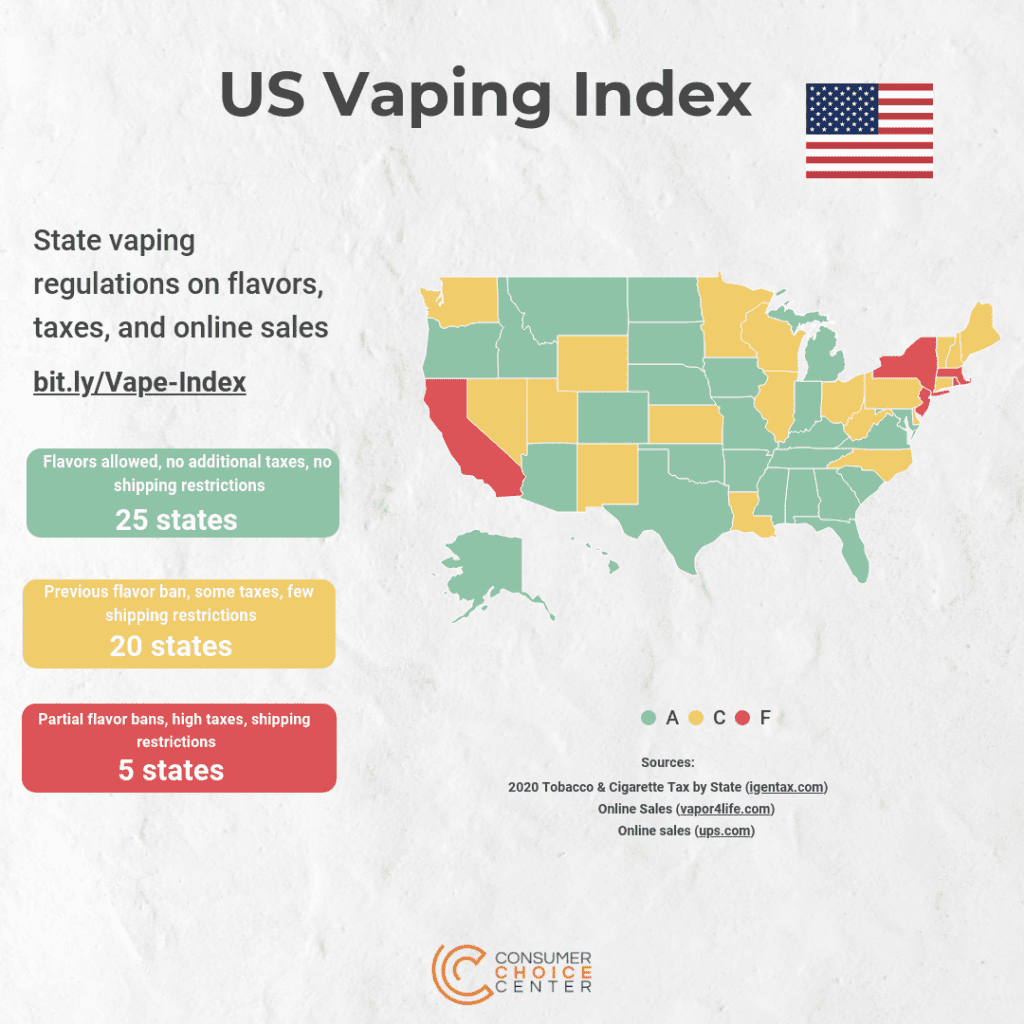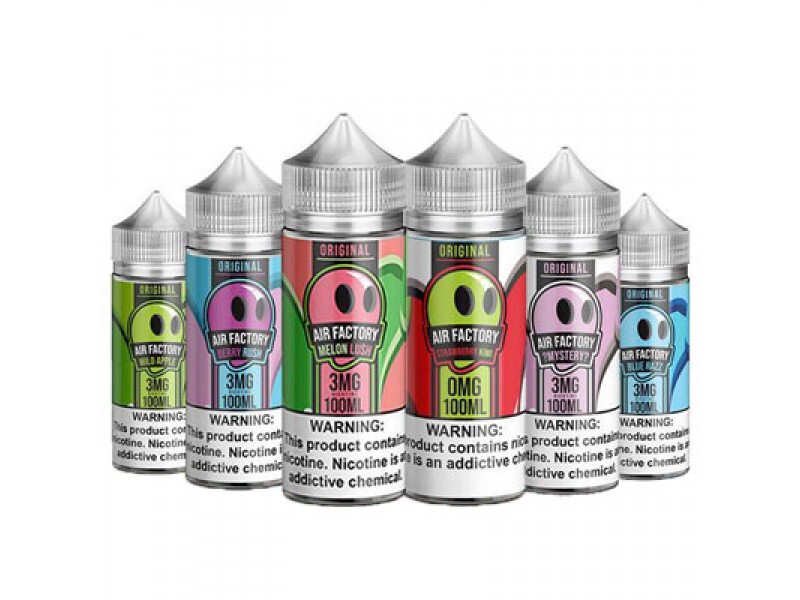
My Vape Order (MVO) received its premarket tobacco product application acceptance letter, yesterday, Oct. 2. The company announced that the letter from the U.S. Food and Drug Administration (FDA) for its 72 bundled Air Factory e-liquids meets the statutory and regulatory requirements for a PMTA submission.
MVO submitted its Air Factory PMTA on Sept. 3.
“MVO looks forward to working with FDA on its review of the … PMTA, which covers a suite of 72 Air Factory products, including both freebase and salt nicotine formulations in a variety of nicotine strengths tailored to meet the needs of our Air Factory consumers,” wrote MVO CEO Kyle Godfrey on the Air Factory website. “The PMTA is supported by robust scientific data, including independently-conducted toxicological risk assessment data for the submitted products, and thorough research establishing the products to be appropriate for the protection of public health. MVO is committed to working with FDA through the entire PMTA review process as expeditiously as possible.”
The company will continue to provide PMTA and product updates at www.airfactoryeliquid.com.

